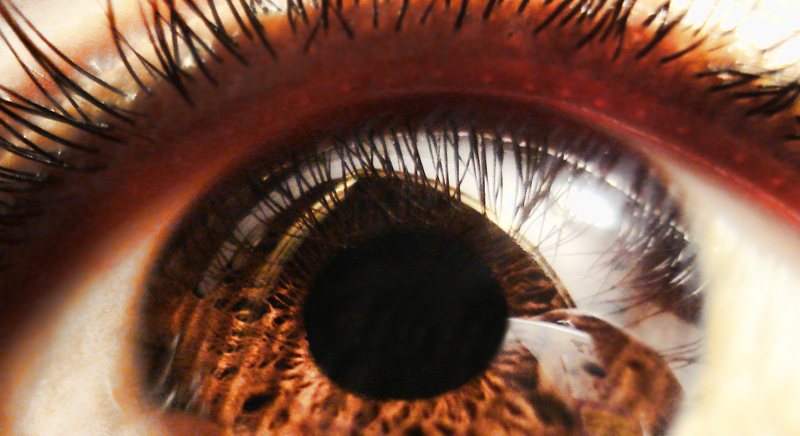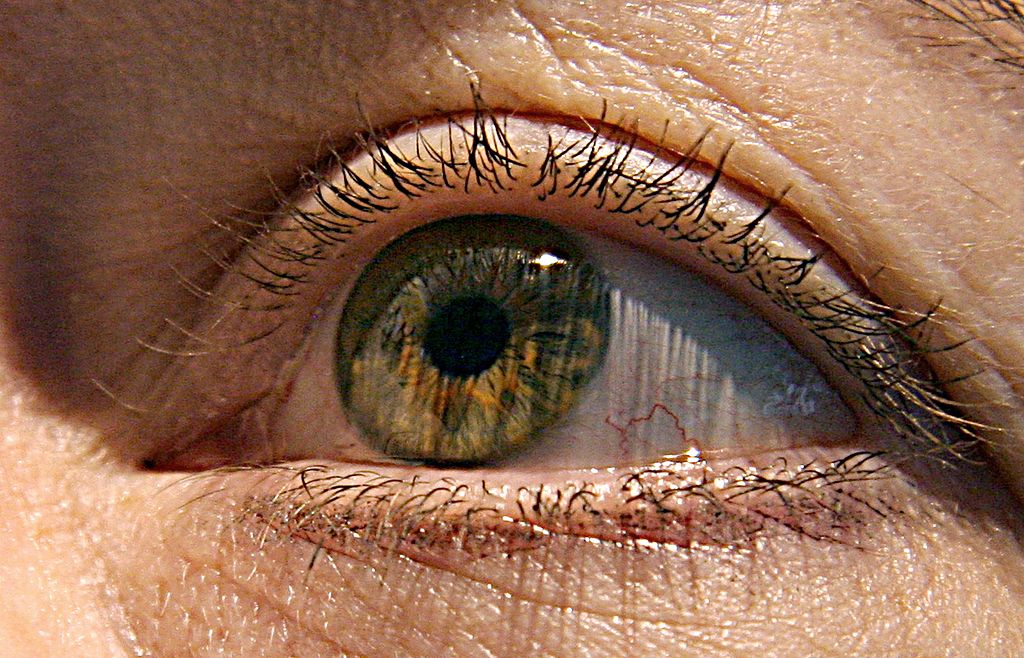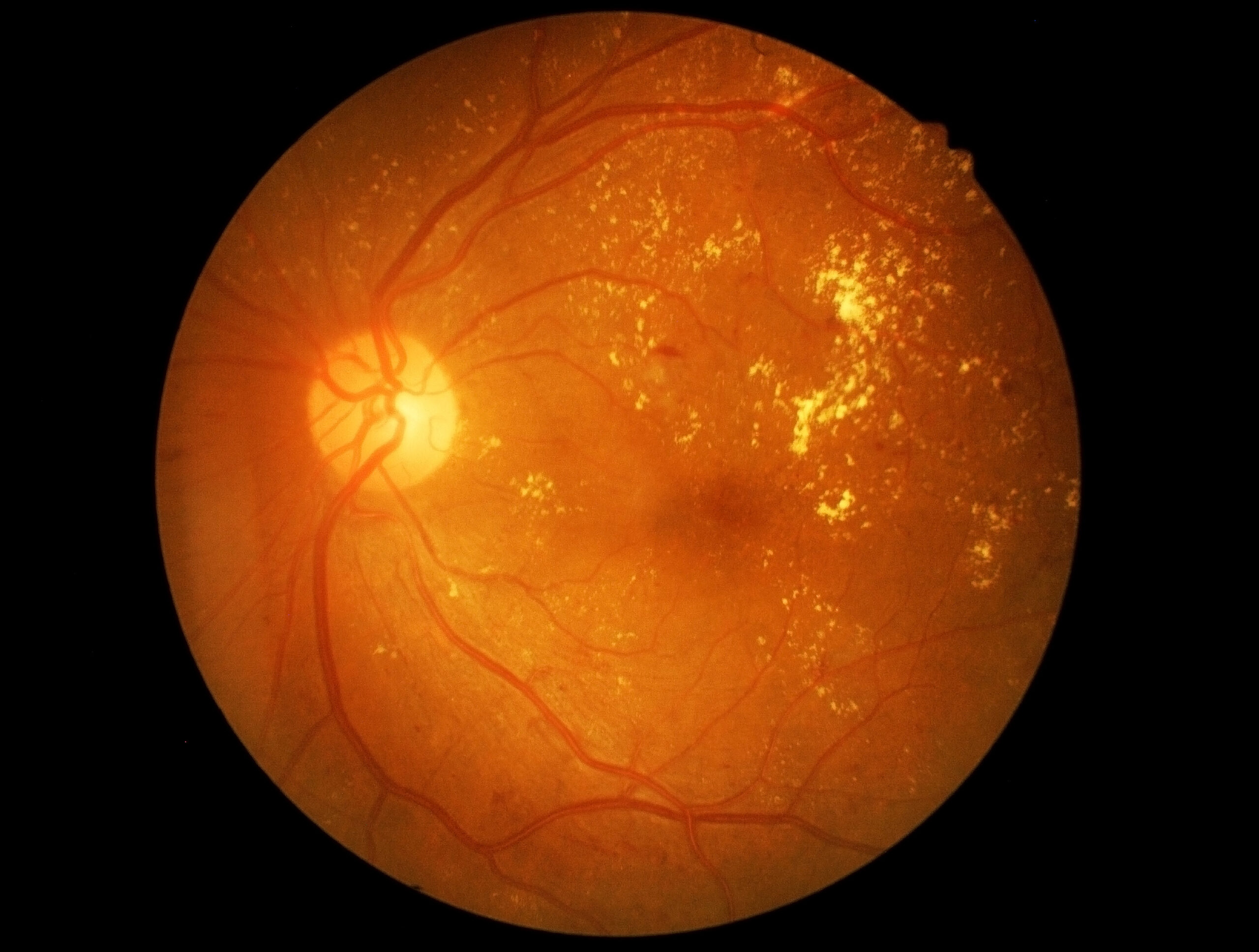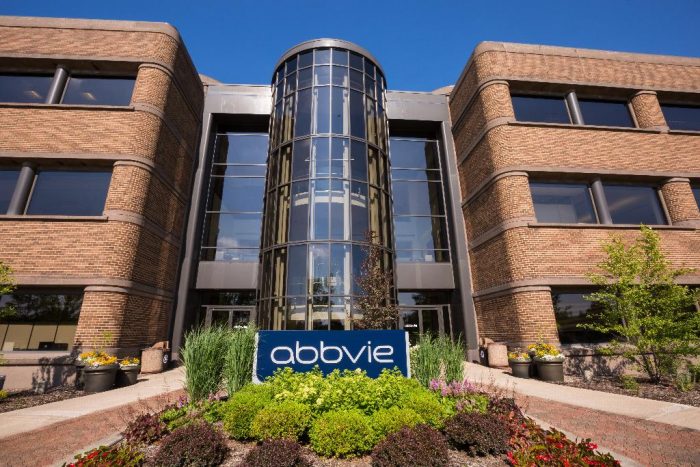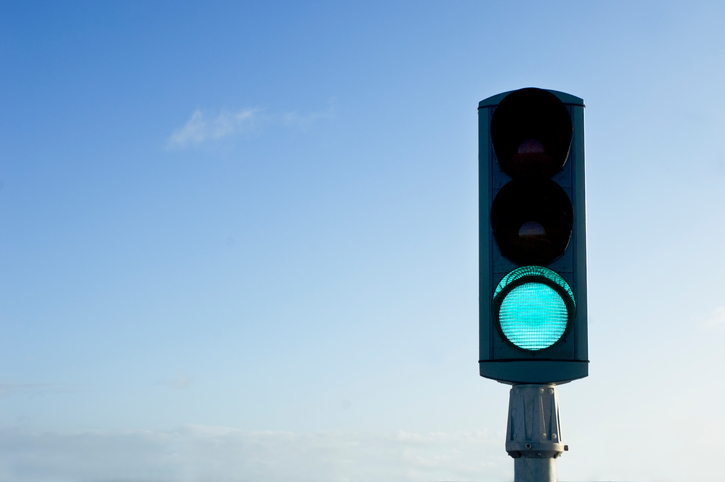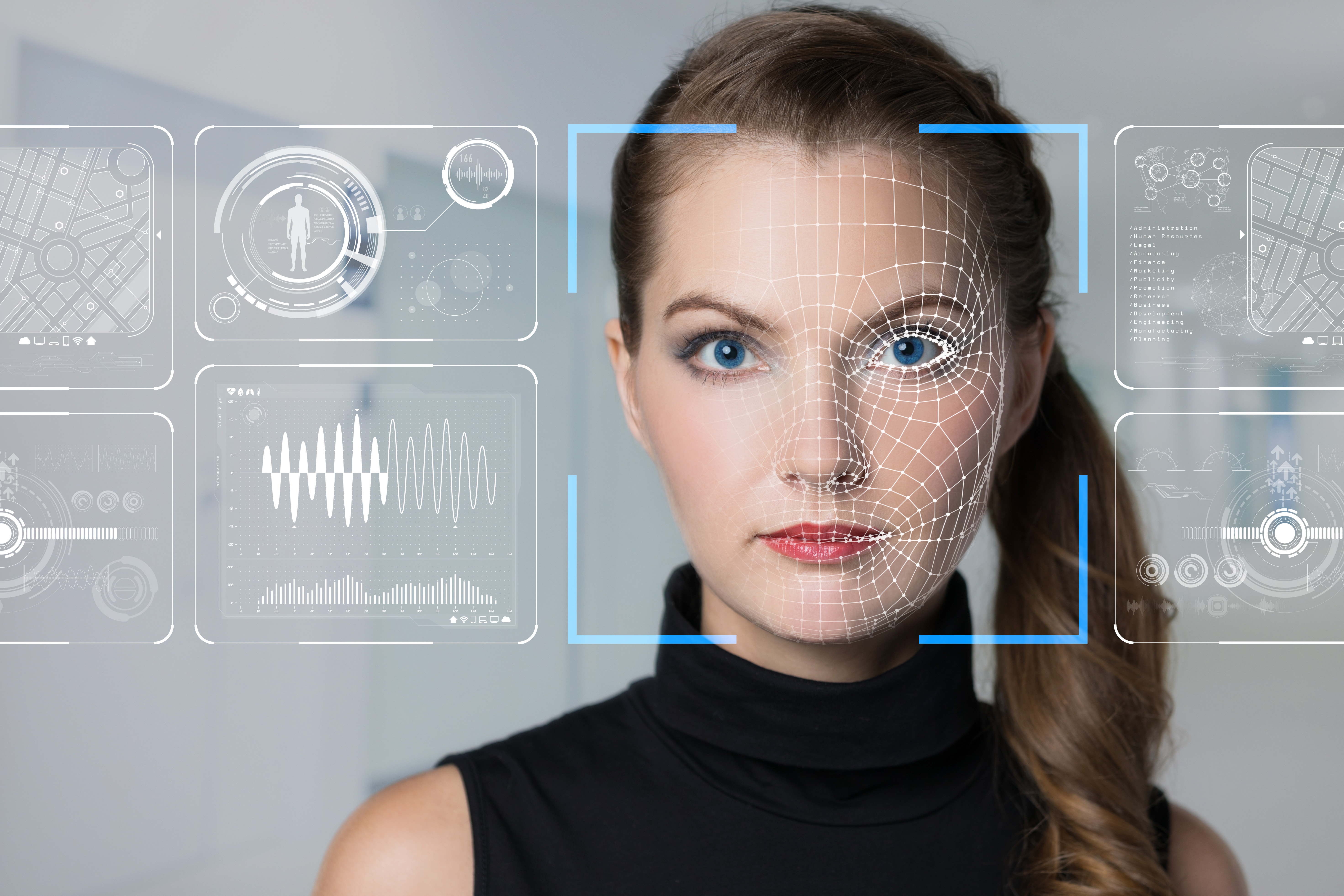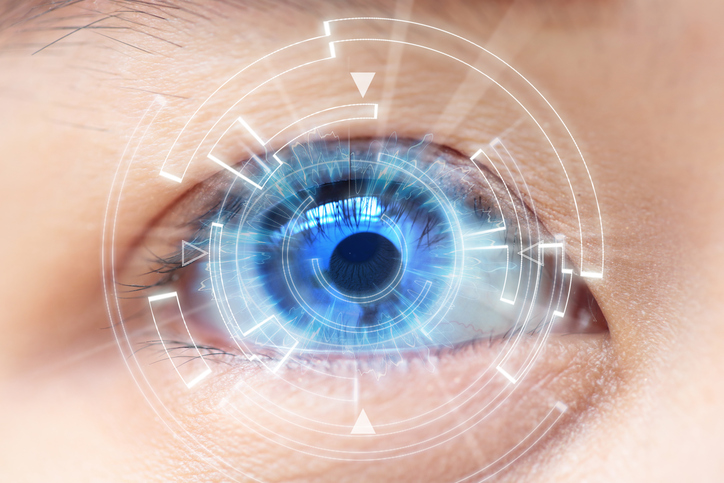
Whole Eye Transplantation is No Longer Just Science Fiction
The technologies and techniques developed for eye transplantation and nerve regeneration may have significant translational potential for other biomedical needs including: spinal cord injury, central nervous system regeneration, retinal cell and tissue transplantation, and other forms of organ and tissue transplantation.
